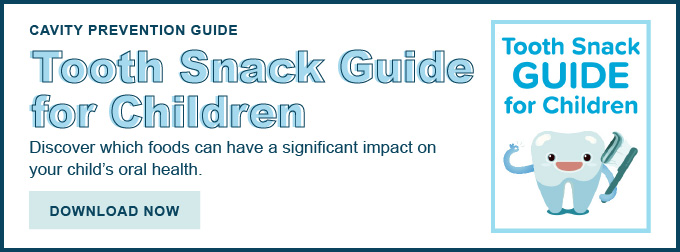Frenectomies in Muscatine are the best way to resolve tongue and lip ties. But once…
Should My Child Use an Electric Toothbrush?
As a parent, you’ll do whatever it takes to protect your child’s smile from getting regular dental cleanings to teaching them the importance of dental hygiene. You might be wondering if an electric toothbrush could do a better job of cleaning their teeth than a typical toothbrush. However, you also don’t want to give them something that is too powerful and which could damage their teeth or gums.
Before making any decisions, it’s important to learn about the pros and cons of electric toothbrushes. While they do have some advantages over regular toothbrushes, they aren’t suitable for every child. Once you learn more about them, you’ll know if your child should keep their toothbrush or switch to an electric one.
Want More Information About the Best Practices for Your Child’s Dental Hygiene?
Call Our Muscatine Office (563) 607-5979
Should My Child Use an Electric Toothbrush?
Electric toothbrushes have a number of features that can make them attractive to children and suitable alternatives to normal toothbrushes. Getting your child excited about oral hygiene is a great way to help them build healthy habits that can last a lifetime, so don’t discount the wide range of colors and designs as well as the ones with your child’s favorite cartoon or movie characters. Many also have flashing lights when operated, and others even play music. Consider all of this tools in your arsenal to get kids excited about brushing.
While they have much to offer compared to manual toothbrushes, it’s important to know whether your child is ready for an electric toothbrush before moving them to one.
Related: Flossing Guide for Kids and Parents
What Age Can a Child Use an Electric Toothbrush?
An electric toothbrush could be the right choice for your child if they are able to brush their teeth on their own and if they are able to take the time to carefully brush each tooth. Usually this occurs when a child can write in cursive or tie his or her shoes (around age seven). When used properly, an electric toothbrush can clean teeth much more effectively than a manual toothbrush. Most electric toothbrush heads are designed to clean individual teeth and can be guided directly to the gumline to remove plaque buildups. These can be easy to miss with a regular toothbrush even for adults and especially for children who are just learning how to brush. Many also have adjustable settings, making them adaptable to the needs of a wide range of users.
However, electric toothbrushes are not without their downsides. For one, it’s much easier to miss buildups or debris in the crevices between teeth if it is used improperly. This means that if your child is easily distracted or simply impatient, they could fail to properly remove plaque. Electric toothbrushes also require a more complex brushing technique than regular ones. Your child must have the motor control to hold the brush properly. Pressing too hard can damage the gums, which is another risk. This can be hard to do for back teeth, especially if your child is not familiar with how it should feel when they are properly brushing.
Related: What Is the Best Toothpaste for Children?
Electric toothbrushes also are more costly than a regular toothbrush and require regular charging and cleaning, which you or your child may forget to do. Be sure to replace brush heads every three months, just as frequently as toothbrushes are replaced.
How to Choose the Right Electric Toothbrush
There are a number of important factors to take into consideration when looking for the perfect electric brush for your child. While these should serve as guidelines for your search, giving your child the chance to choose their own brush can make them feel more invested in their oral health. This can make them more likely to brush regularly, which will be a crucial habit for them to have later in life. When searching for an electric toothbrush for your child, keep the following in mind:
- Make sure the toothbrush has soft bristles, which will be easier on your child’s gums
- Consider finding one with a timer or song that indicates when brushing is done
- Check for an ADA Seal of Approval to ensure the safety of the toothbrush
- Make sure the handle will comfortably fit your child’s hand
Related: When Does a Child First Go to the Dentist?
Letting your child use an electric toothbrush can help them learn the importance of making a daily commitment to dental hygiene. While brushing alone is not enough to protect their dental health, it does provide a solid foundation to build on.





